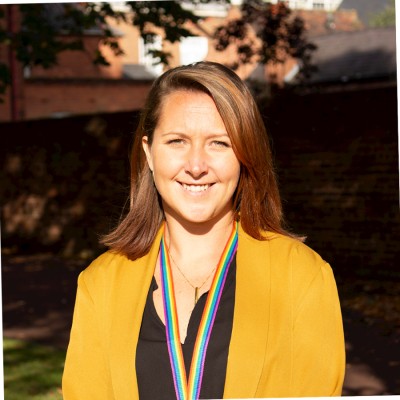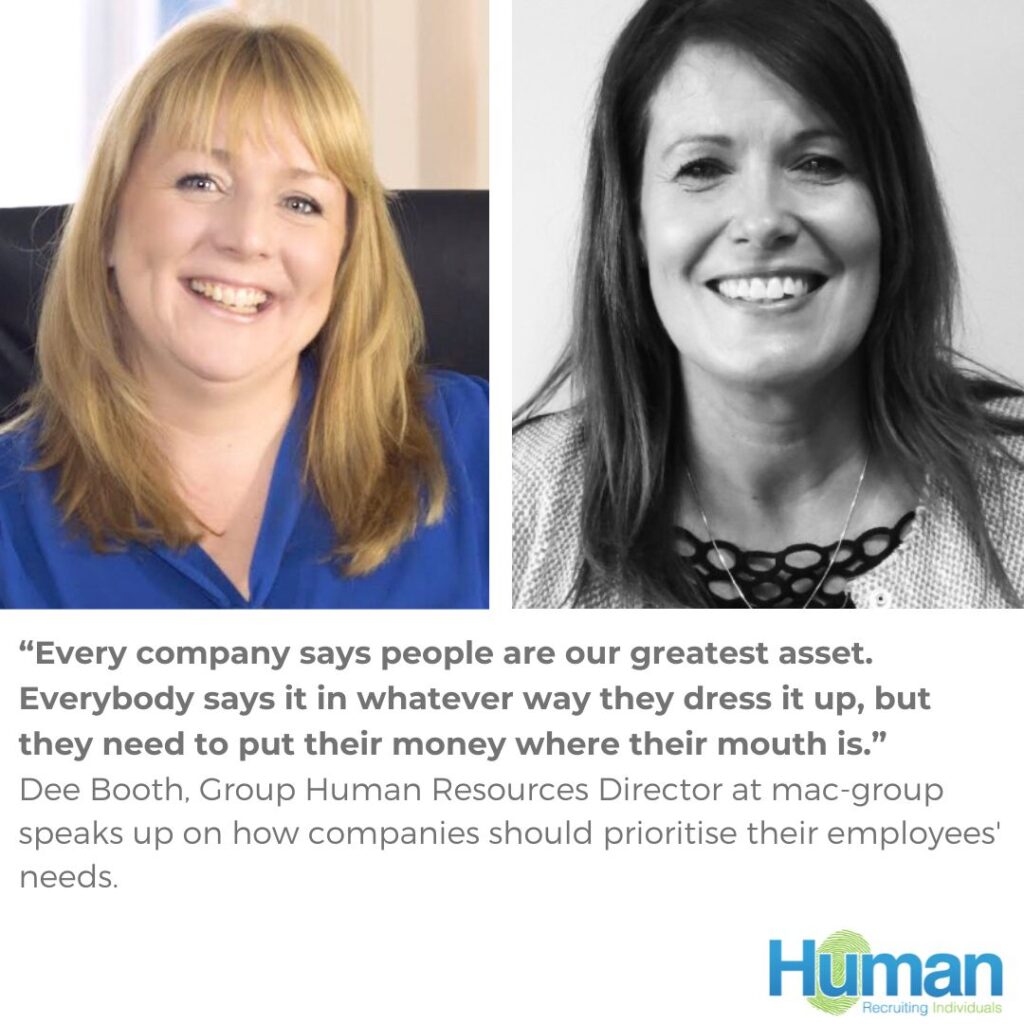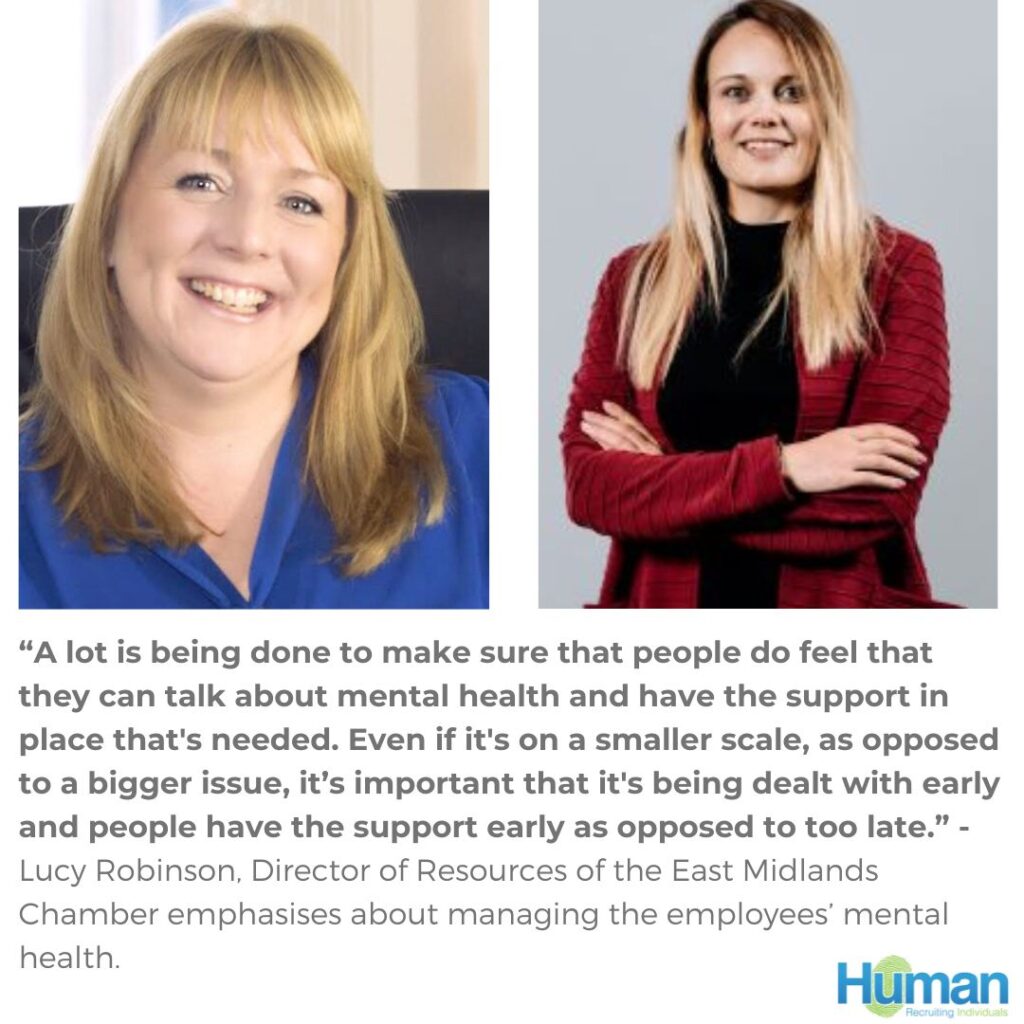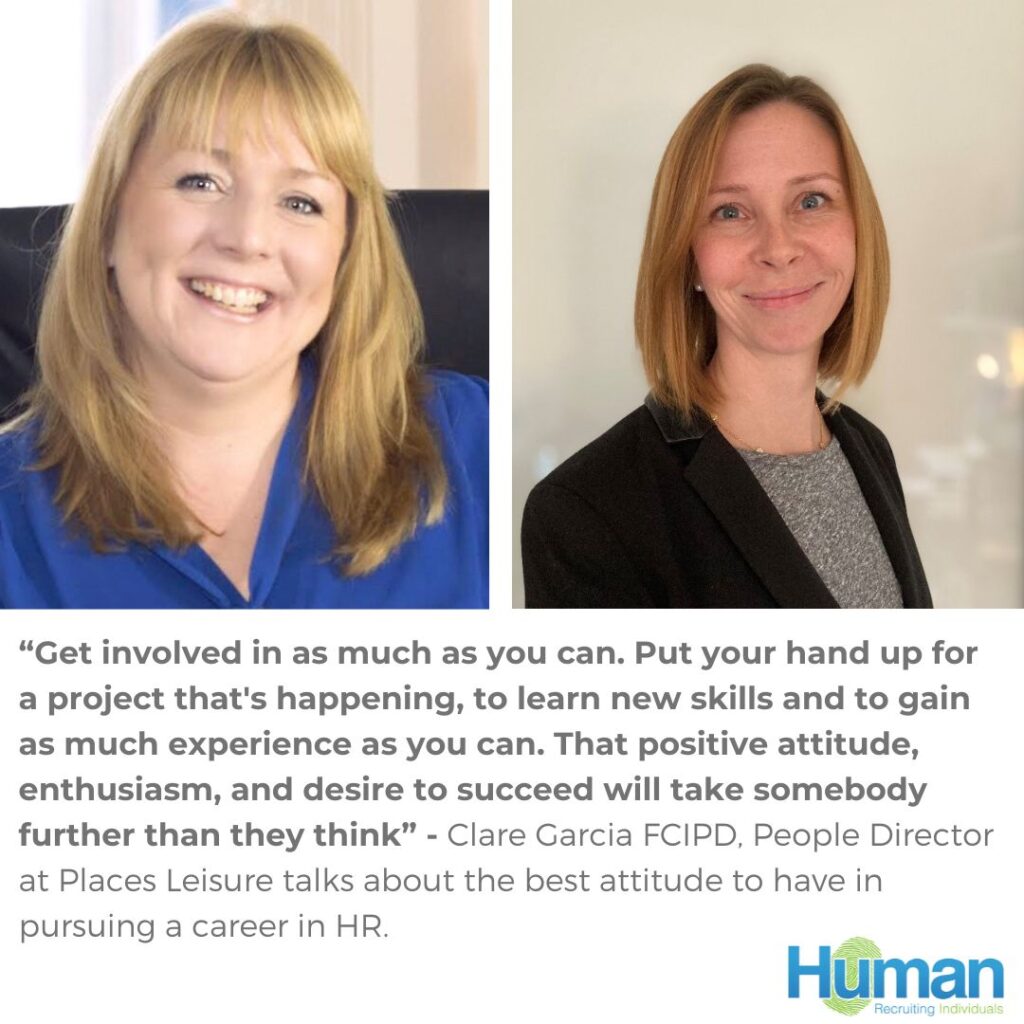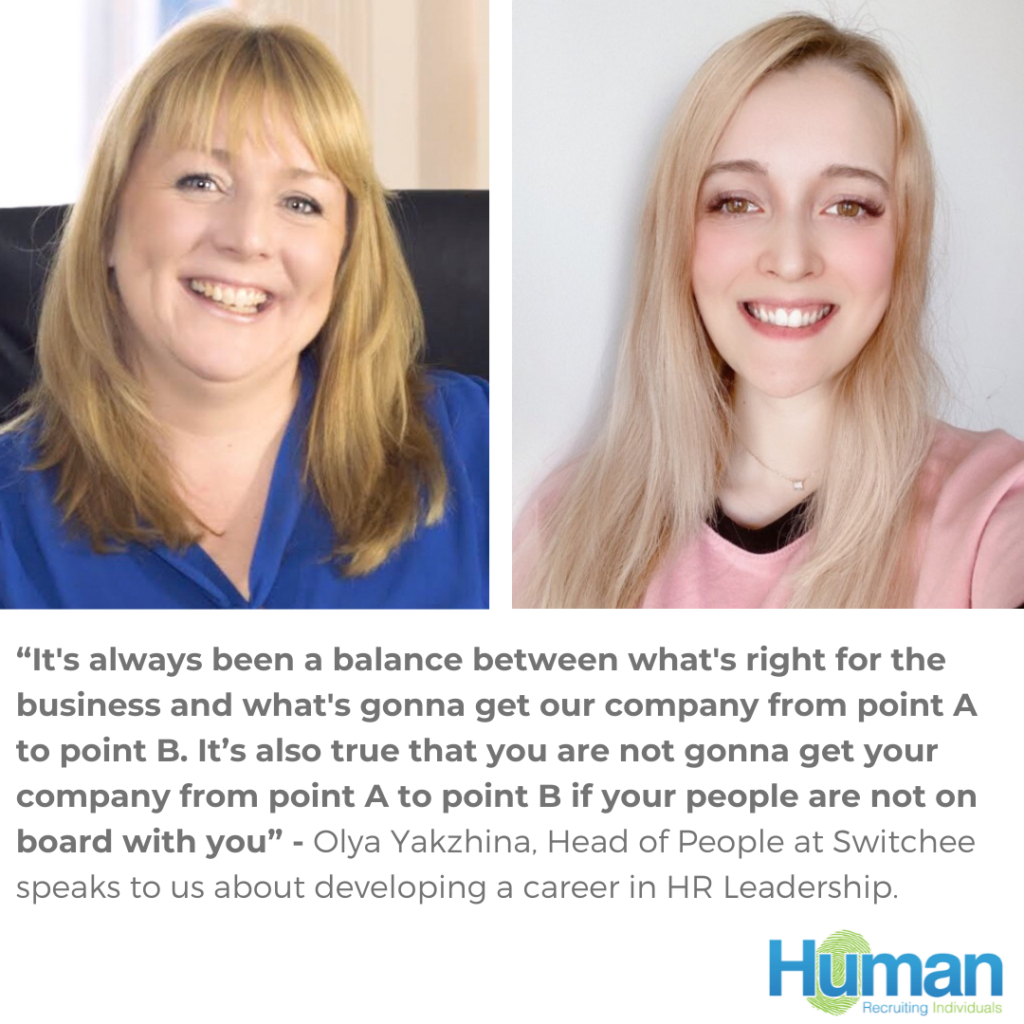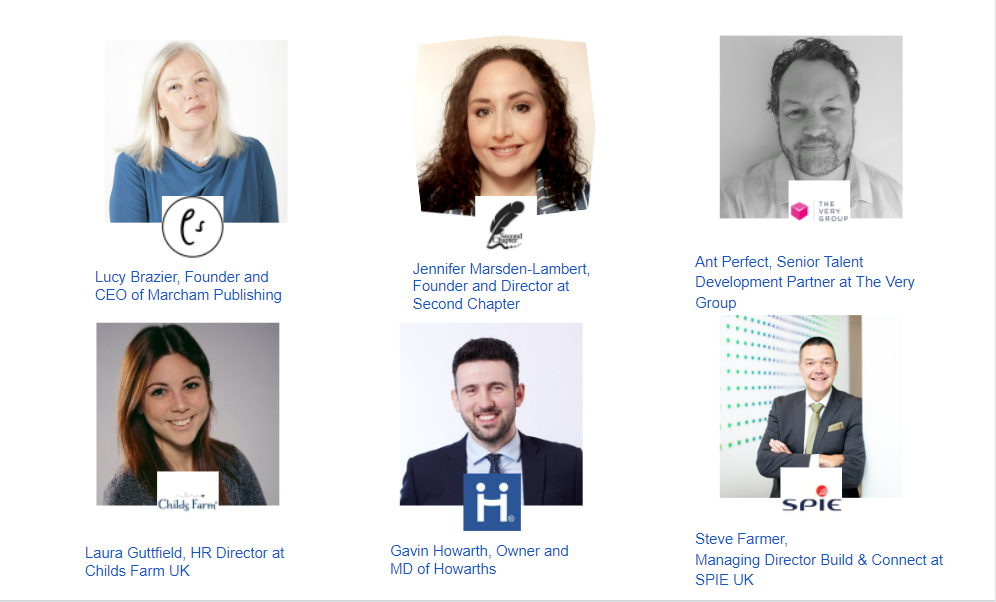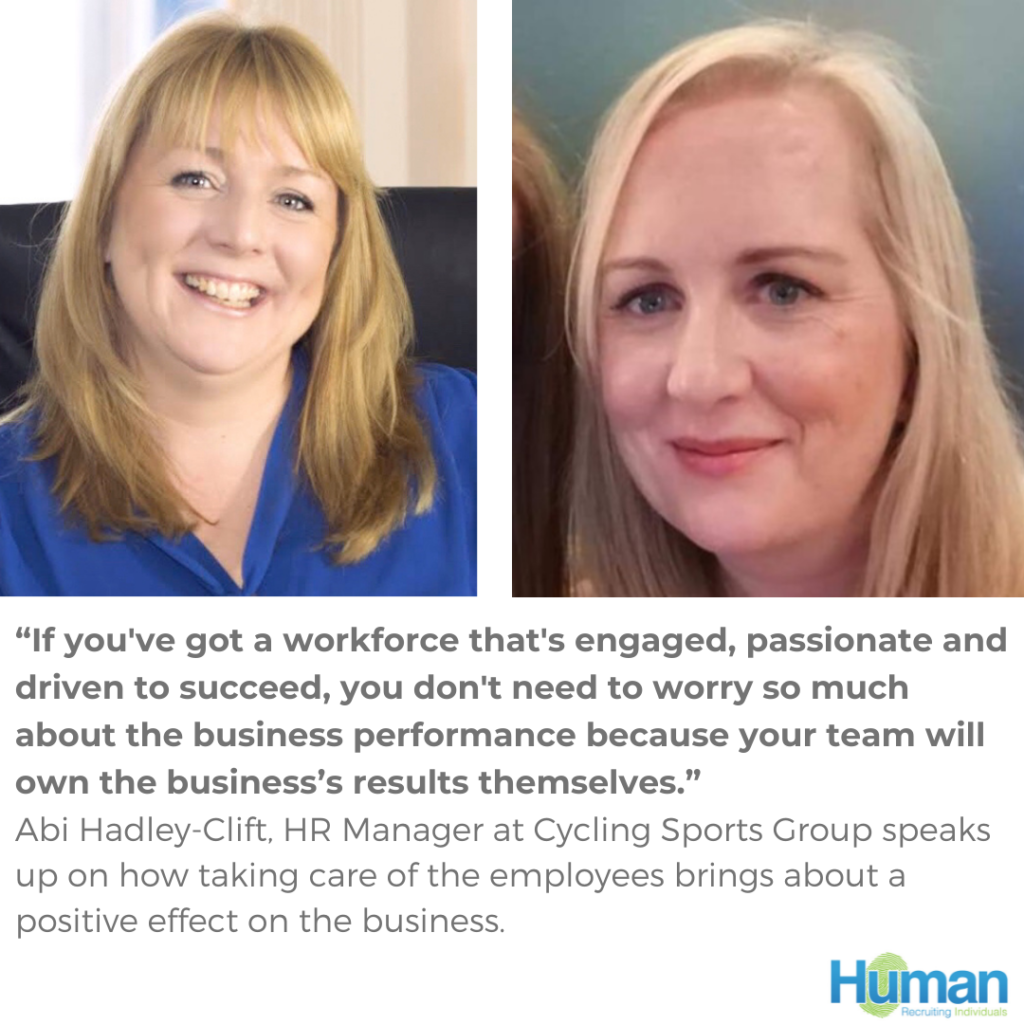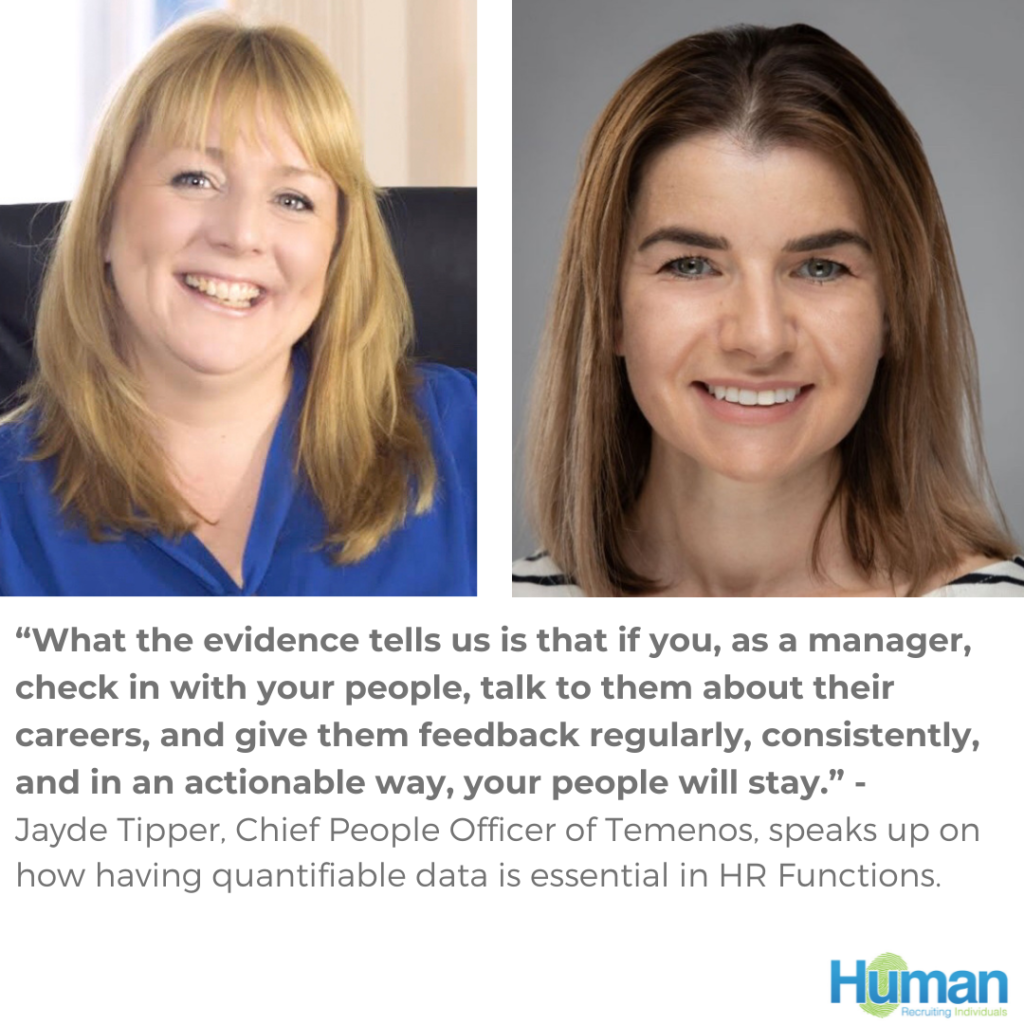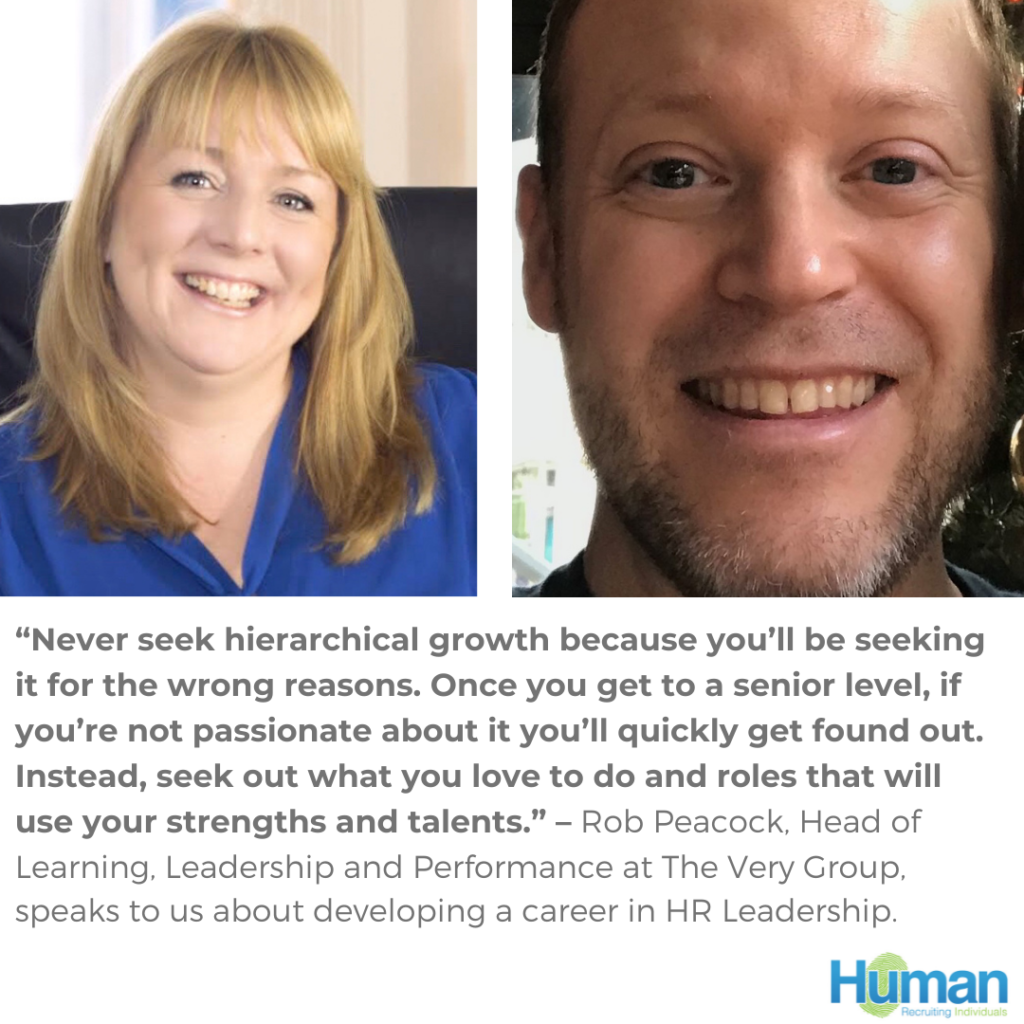Guest blog: Fertility vs Fear
“Women shouldn’t feel the need to sacrifice a career to have a child, or vice versa.” As part of our commitment to sharing insight and creating opportunities for our network to share their insight, we recently received this blog from Samantha Lewis, HR Director at NMITE. As an HR Director that has worked most of her life in a male dominated environment, I am very aware of the barriers that are often found when looking to progress your career. I also know that many women feel they have to choose between a family or a career. My question is always, Why? I have produced a short blog that includes my own journey of going through fertility treatment, and tips for other women that may be facing the same challenges. As an HR Director that has worked most of my life in a male dominant environment, I am very aware of the barriers that are often found when looking to progress your career. I also know that many women feel they have to choose between a family or a career. My question is always, Why? I have produced a short blog that includes my own journey of going through fertility treatment, and tips for other women that may be facing the same challenges. Should planning for a child be something to be feared? As a 21-year-old, I had my life mapped out. I planned to complete my HR qualifications, marry my partner, start a family, and return to work whilst still young enough to be able to develop a career. There are so many things wrong with that plan. Why did I feel the need to have to return to the workplace whilst I was still ‘young enough’ to develop a career? As things worked out, the plan was a shambles. I did complete my HR qualifications, and I did marry my partner……. but the having a child part wasn’t as easy. At the age of 27 I was told I would never conceive a child naturally. As a female working in a male dominant manufacturing environment, the idea of discussing the difficulties I was facing to conceive was incomprehensible. If they (the company) knew I was planning to have a child, I felt I would be overlooked for promotion, additional opportunities and further training. After 4 years of trying, and the continuous emotional rollercoaster, I was finally approved to start ICSI (Intracytoplasmic sperm injection) treatment. A chance to start at family, but at what cost to my career? Telling my employer that I was actively trying to have a baby was the most difficult conversation I have had within my working life, to then have to request additional time off to allow me to attend the appointments, and the emotions that run with this treatment was not easy. I knew at this point, the work and effort I had invested in my career to date was going to be halted. Who would believe in me now, knowing I was going to be taking Maternity Leave? When I returned to work, would I be able to commit 100% to the job as I had previously done? Surely having a child, I couldn’t juggle a senior role too. Women shouldn’t have to have this internal argument with themselves, or fear having this conversation with their employers. Women shouldn’t feel the need to sacrifice a career to have a child, or vice versa. Infertility affects around 1 in 7 heterosexual couples in the UK. Often cited is the fact that women have more freedom to choose between career and family, plus the social pressures that lead many of them to delay parenthood until they have established a career, financial stability, and have found the right partner. As a result, many women delay motherhood until their mid to late 30s, and it is well known that fertility starts to decline around the early ’30s, decreasing gradually until the early ’40s, after which most women have a poor fertility prognosis. Does this mean women are sacrificing the desire for children over the need for an established career? Going through ICSI treatment and having a child (who is now almost 9) was the best thing that ever happened to me. Not just because I have a small human than calls me mum, but because it taught me resilience, determination, grit and never to give up. As a HR professional, I am more driven and creative now, than ever before. Since having my son, I have moved into a fantastic role within an innovative and supportive organisation, completed an MBA, become a Chair of a Charity, but more than all of this I developed empathy and emotional intelligence. It doesn’t matter whether you are male, female, or gender neutral, if you want something in life, barriers are there to be hurdled, and the rewards are there to be enjoyed. The choice between child or career should not have to be made. Success should not be determined by whether you want or have a family. Organisations need to start making this an accepted decision and support their employees to be parents, and be successful in the workplace, and adopting new ways of working, to make goals achievable. Fertility and pregnancy should not be a ‘taboo’ subject. As an employer, you should be embracing the strength and determination that some women face and harness it within the workplace. Make these conversations the new ‘normal’ and promote the support you can offer. 5 top tips for women facing a similar challenge: Believe in yourself! Just because you have decided to start a family, doesn’t mean you lose all of your fantastic traits and experience. Be honest – talk to your employer, let them know the challenges you may be facing, ask for support. Remember employment is a reciprocal relationship. Your employer hired you because you were right for the job, and you joined the business because you believed they were the right employer. This shouldn’t change, just because you
Guest blog: Fertility vs Fear Read More »

